Institutional repositories
Each higher education or research institution can request the creation of an institutional space in order to deposit and publish its research data. Below are the repositories already open:
-
Nantes University
Nantes University (NU)
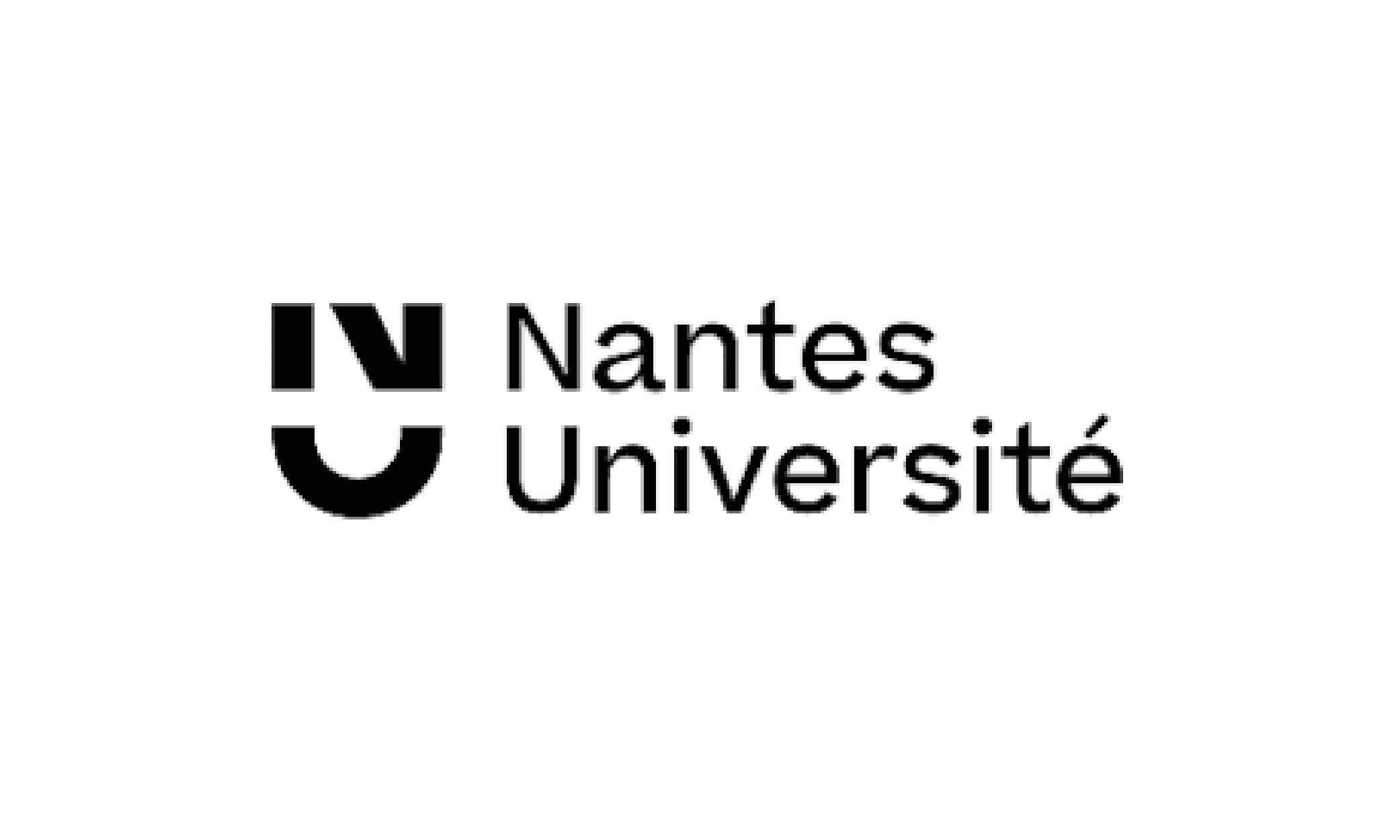
Nantes University is a public institution of higher education and research that offers a unique university model in France, combining a university, a university hospital (CHU de Nantes), a technological research institute (IRT Jules Verne), a national research organization (Inserm), and prestigious schools (Centrale Nantes, Nantes School of Fine Arts, Nantes School of Architecture).
-
National Institute for Research in Digital Science and Technology (Inria)
National Institute for Research in Digital Science and Technology (Inria)

Inria, the national institute for research in digital science and technology provides its researchers with this institutional portal on the French national research data repository, if there is no thematical repository in their community.
Inria scientists can deposit, share and make public research data produced or co-produced in their research projects.
Inria research data unit is available to answer any question or help request you have regarding opening your datasets. You can find all necessary information on the intranet.
In order to be able to deposit your data in this portal, please make sure you log in with your Inria credentials.Contact : data.ies@inria.fr
-
National Polytechnic Institute of Toulouse (INPT)
National Polytechnic Institute of Toulouse (INPT)

Toulouse INP - Institut National Polytechnique de Toulouse relies on 13 laboratories and 2 research federations to develop its scientific policy.
The two main fields of research of Toulouse INP are:
- Physical science and Engineering for Energy, Climate, Digitalisation and Materials
- Life Sciences and Engineering for Agronomy, Agribusiness and Environment
Toulouse INP is a member of Adoo, the Occitanie Ouest data workshop, whose mission is to raise awareness, train, and support members of Occitanie Ouest research laboratories in the rational management of research data.
-
Office National des Forêts (ONF)
Office National des Forêts (ONF)

- The French National Forestry Office (ONF) is a public institution of an industrial and commercial nature, responsible for the sustainable management of French public forests. It contributes to the acquisition of scientific knowledge, particularly through its research, development and innovation activities, as well as through some of the public interest missions it carries out on behalf of the State, such as the national network for long-term monitoring of forest ecosystems (RENECOFOR).
-
The French Aerospace Lab
ONERA

ONERA is the french national aerospace research center. It employs over 2000 people.
-
Paris 8 University Vincennes-Saint-Denis
P8
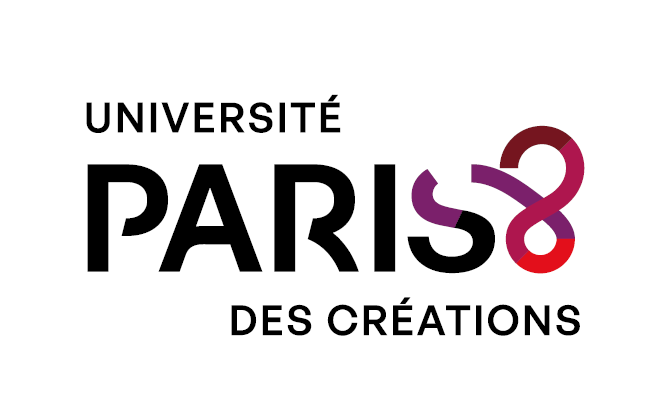
Depuis sa création comme Centre expérimental à Vincennes en 1969 puis son implantation à Saint-Denis en 1980, l’université Paris 8 est aujourd’hui un pôle d’enseignement et de recherche central en Île-de-France dans le domaine des humanités. Université à dominante Arts, Lettres et Langues et Sciences humaines et sociales, l’Université Paris 8 a développé son identité, fruit de son histoire, par une approche critique, expérimentale et interdisciplinaire qui a fait émerger des disciplines (telles que la psychanalyse, la géopolitique, le cinéma, les arts plastiques, le genre) et des pratiques nouvelles d’enseignement et de recherche. Elle a su également s’enrichir des apports d’autres disciplines, notamment des Sciences et Technologies. C’est à partir de cette matrice que l’Université Paris 8 continuera à développer une recherche inventive et critique, confortant ainsi sa place spécifique dans le paysage de l’enseignement supérieur et de la recherche.
Structurée en 11 UFR, 5 instituts, 4 écoles doctorales, l’université compte 33 unités de recherche, dont 8 UMR CNRS et elle a mis en place un Pôle Science Ouverte pour la mise en commun des résultats de la recherche et la diffusion du savoir scientifique auprès des citoyens. L’Université dispose d’une politique d’ouverture des données de la recherche qui incite leurs équipes de recherche à ouvrir autant que possible les données issues de la recherche.
-
PSL University (Paris Sciences & Lettres)
PSL University (Paris Sciences & Lettres)
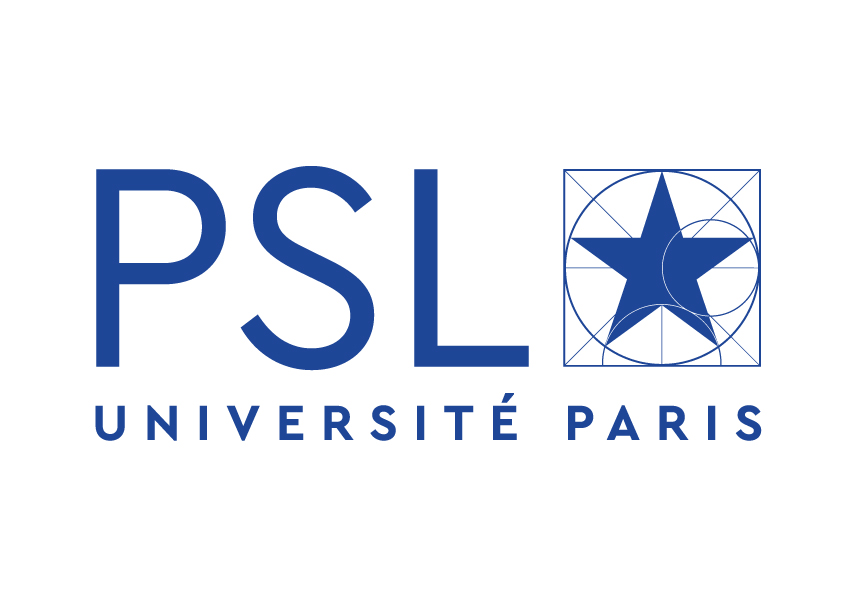
Dedicated to research data from PSL University, the Recherche Data PSL aims to develop the visibility and accessibility of research data produced by or in collaboration with PSL's scientific communities, and to ensure its valorization, sharing and preservation in compliance with FAIR data (principles of findability, accessibility, interoperability, and reusability).
Contact : data.psl@psl.eu
-
Rennes 2 University
Rennes 2 University
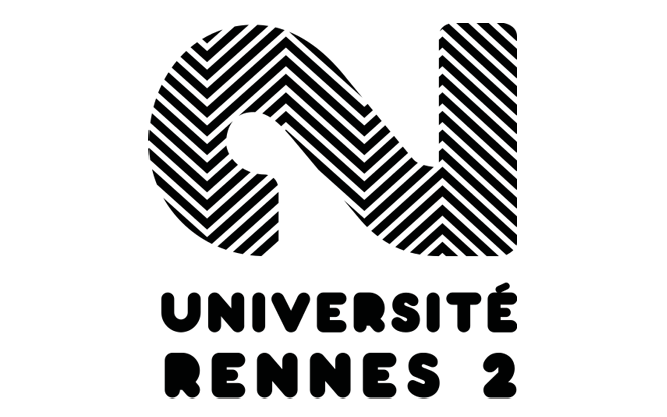
Rennes 2 University is an important centre for research and higher education in the arts, literature, languages, humanities and social sciences. It has been associated with the University of Rennes since 1 January 2023 in order to develop interdisciplinarity and facilitate collaborations between institutions on the Rennes site.
Rennes 2 University brings together 22,000 students in 24 training departments and employs 1,400 staff, including 850 teachers and teacher-researchers. It brings together 21 research units, including 5 CNRS mixed units. Sources of dynamism and creativity, Rennes 2 University’s fields of training and research enable its students and researchers to take an active part in major societal issues.
Rennes 2 University is involved in a proactive policy on open science. With the support of the ARDoISE data cluster, research teams are invited to share their data ‘as open as possible, as closed as necessary’. The institutional space of the ‘Research Data Gouv’ repository is available to them for this purpose.
For more information, please contact : guichet-ardoise@groupes.renater.fr
-
The Institut d’études politiques de Paris (Sciences Po)
Sciences Po
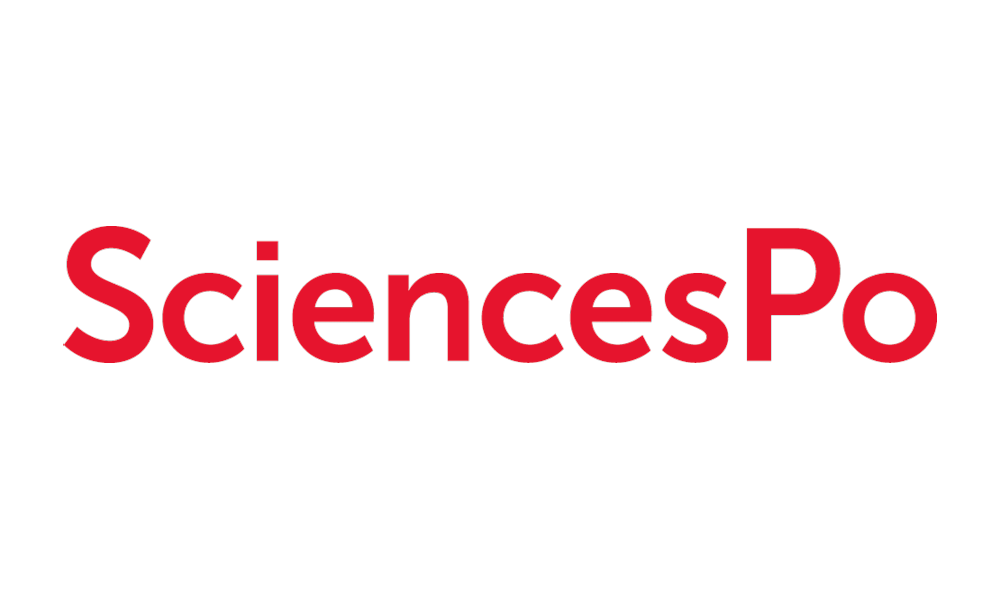
At Sciences Po, more than 250 researchers in the humanities and social sciences study the transformations of the contemporary world and the issues at stake.
Their work focuses on major areas such as public health, education, urban development, security, the environment and democracy, worldwide.
Their research advances thinking and knowledge in five major disciplines: law, economics, history, political science and sociology. -
Sorbonne University
SU
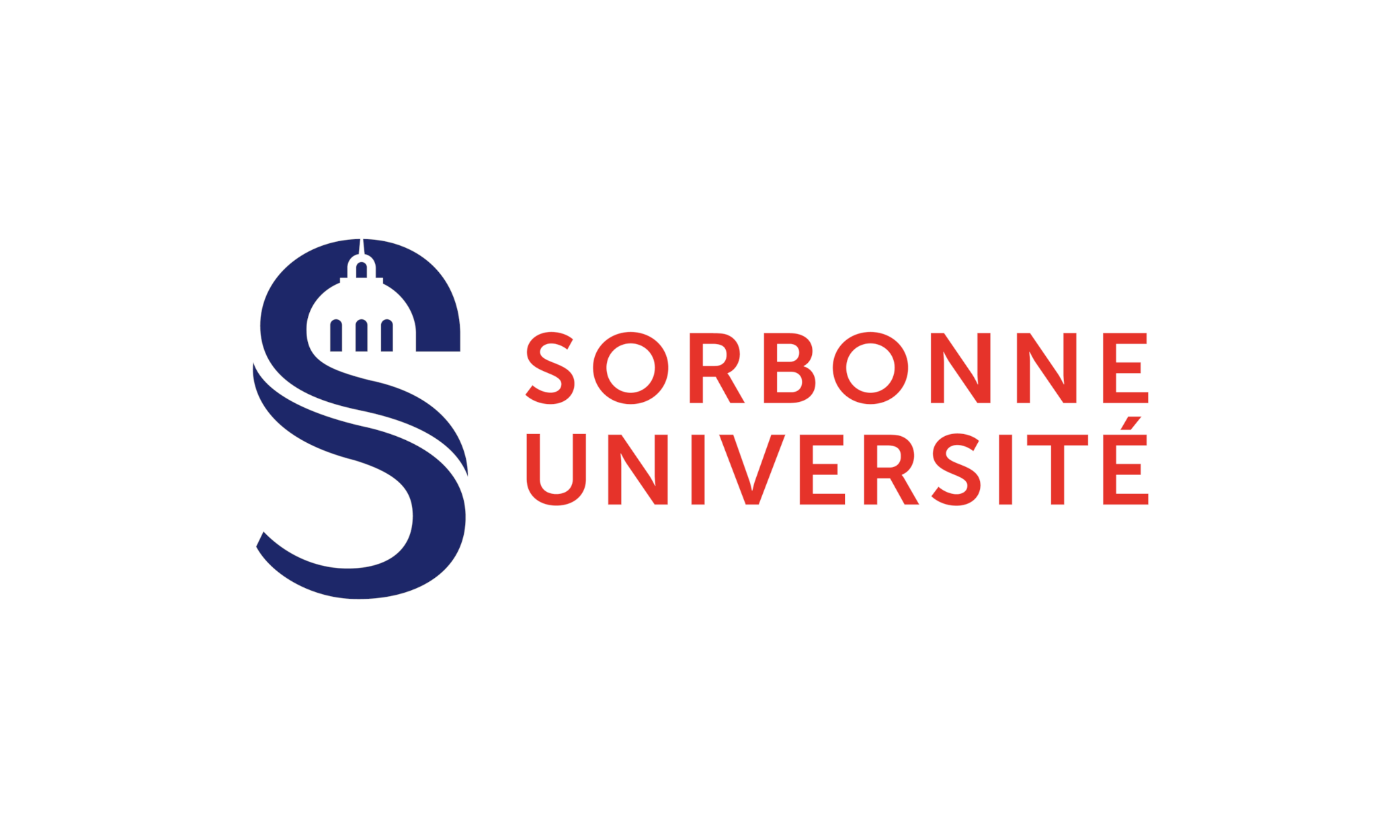
--
-
Université Grenoble Alpes
UGA

Anchored in its territory, multidisciplinary and open to the international, Université Grenoble Alpes brings together the main public higher education institutions of Grenoble and Valence. In association with the national research organizations and the international research facilities present on its territory, it builds its innovation policy on a global scale. As a driving force for progress and a laboratory for initiatives, it collaborates with its many partners to accompany the evolution of society.
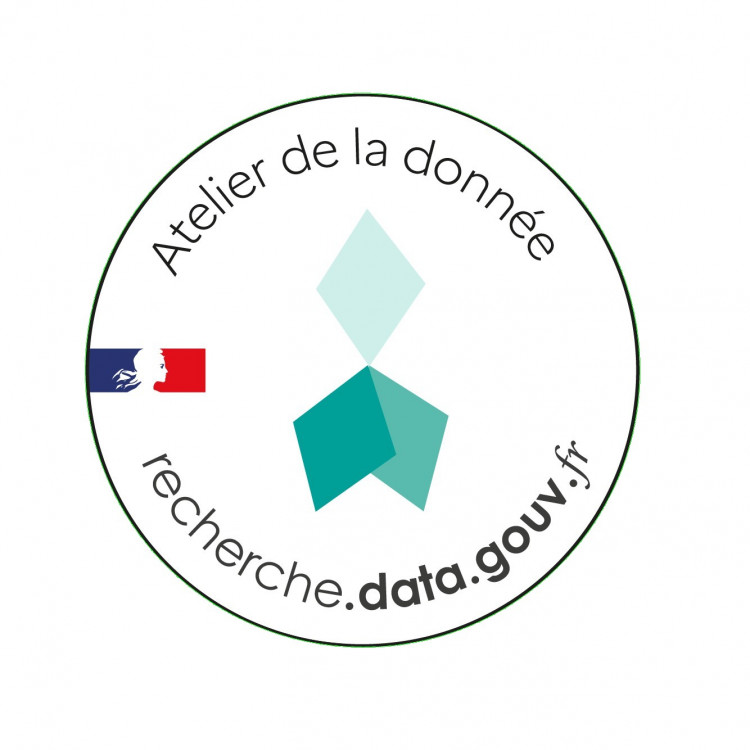
Discover the data management cluster of the Université Grenoble Alpes :
CDGA, Cellule Data Grenoble Alpes
-
Université Clermont Auvergne
Université Clermont Auvergne (UCA)
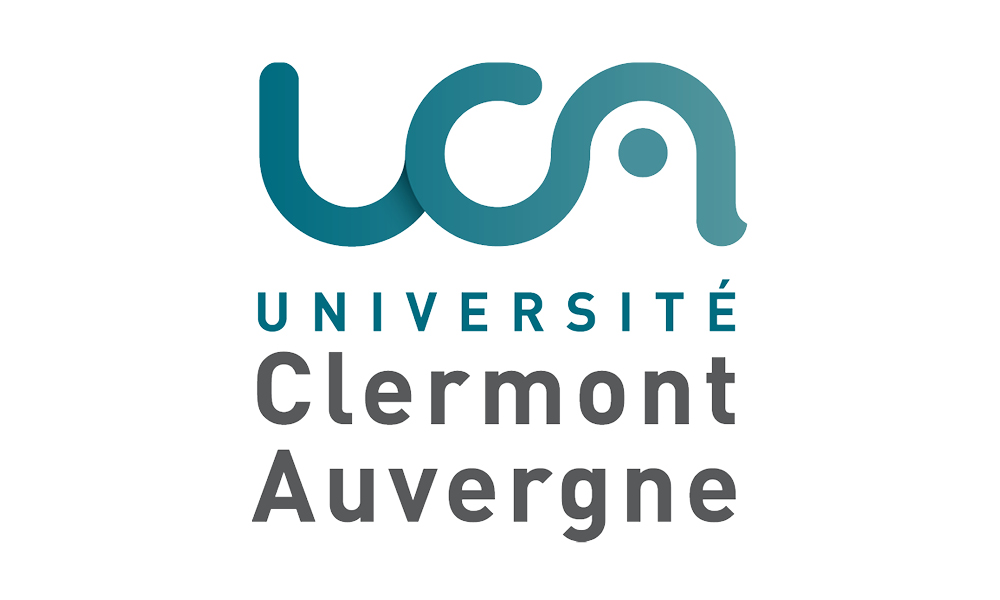
The Université Clermont Auvergne (UCA) has joined forces with other institutions linked to higher education and research in the region to unite around a common ambition: the creation of a training and research university with a national and international dimension, strongly connected to its territorial environment and its region. The Université Clermont Auvergne has 37 research units (two-thirds of which are mixed units, co-supervised with research organizations: CNRS, INRAE (merger of INRA and IRSTEA), INSERM), federative research structures (including a Maison des Sciences de l'Homme) and various platforms.
-
Université Côte d’Azur
Université Côte d’Azur
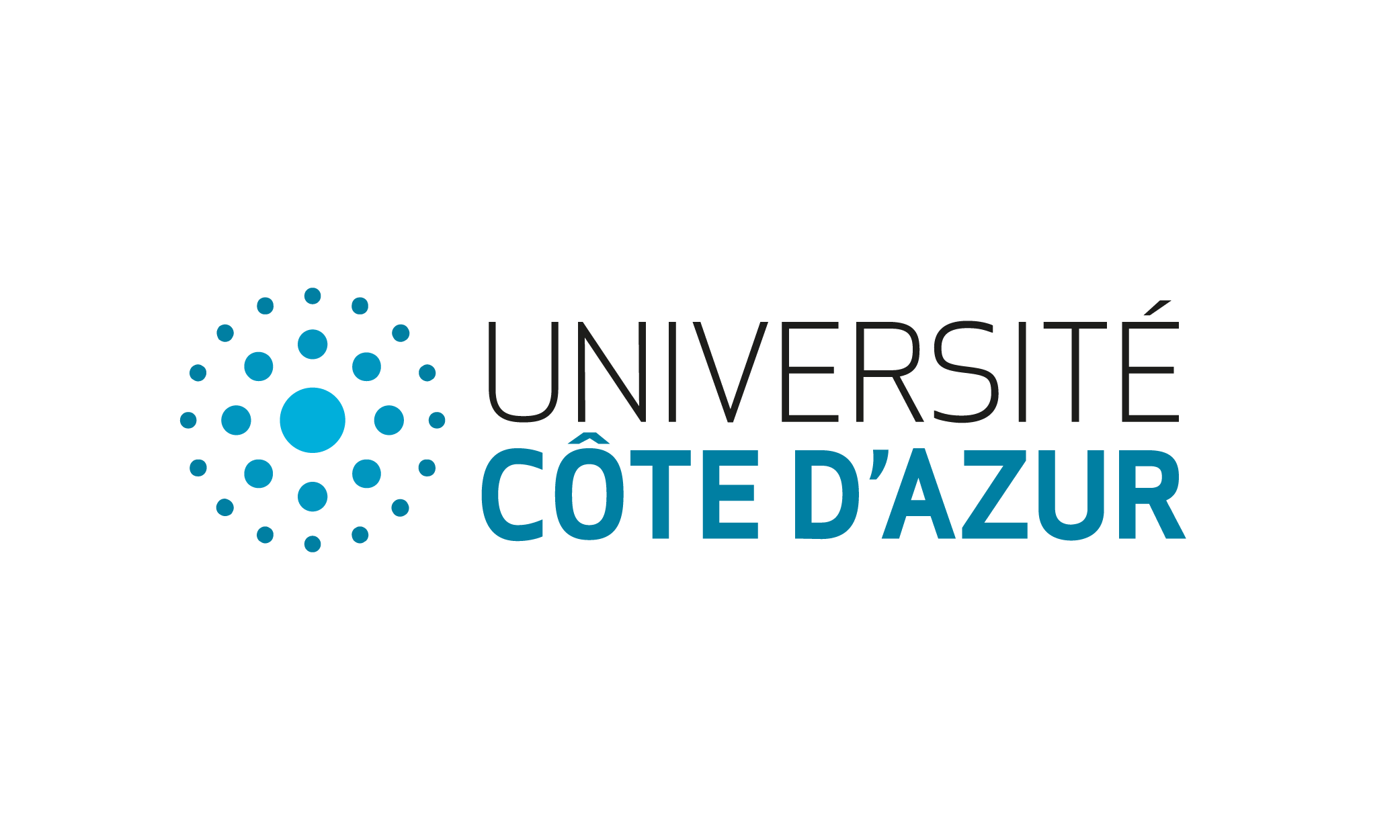
A multidisciplinary, research-intensive university with a world-class reputation, Université Côte d'Azur was awarded the prestigious "Initiatives d’Excellence " label in 2016, illustrating the quality of its research and ensuring its visibility and attractiveness.
The university's research strategy aims to federate synergies between research teams in order to explore new interdisciplinary areas while preserving the excellence of its disciplinary foundations. It is part of a coherent and ambitious site policy developed jointly with other players in research, higher education and the socio-economic world. This strategy responds to the competitive challenges of a large university with international ambitions, while being implemented in a collective and collegial spirit, with respect for ethics and scientific integrity.
It must also respond to the need to offer the entire scientific community access to open science and to disseminate scientific culture to the public and to students.
The research conducted at Université Côte d'Azur aims to meet the major challenges facing science and society. It covers a broad continuum of objectives, approaches and methodologies, from fundamental upstream science to finalized research. Catalyzed by the dynamics brought by the Idex UCAJEDI and the 3IA, the university wants to be an actor in the development of a rich and dynamic regional ecosystem. Drawing on the expertise of all its staff, Université Côte d'Azur is strengthening the interfaces between research, training and innovation by relying on the coordinated strategies of its research units, its components - in particular the University Research Schools (EUR) - and the other entities set up as part of the UCAJEDI IDEX: academies of excellence, innovation and partnership institutes, structuring programs, and the Modeling, Simulation and Interaction Center (MSI).
-
Université de Haute-Alsace (UHA)
Université de Haute-Alsace (UHA)
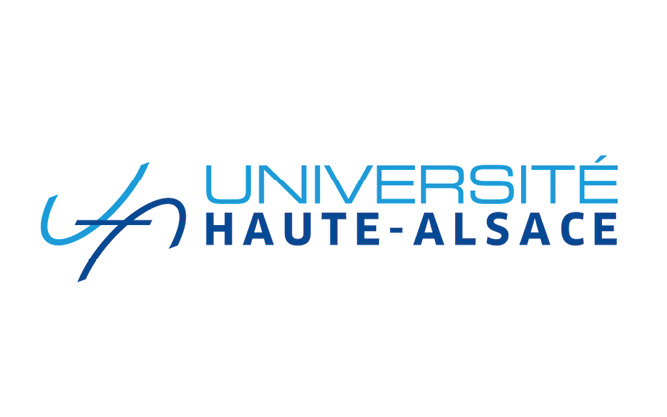
The Université de Haute-Alsace is a multidisciplinary university located in southern Alsace, at the heart of the Upper Rhine Valley. It is neighbouring other universities such as those of Karlsruhe, Strasbourg, Freiburg im Breisgau and Basel, and it is a member of the European university alliances EPICUR. It also belongs to the European Grouping of Territorial Cooperation (EGTC) Eucor - The European Campus.
With 10,200 students and more than 500 teaching and research staff, the University is made up of 2 engineering schools, 2 University Institutes of Technology, 4 faculties and 16 laboratories.
The UHA is positioning itself as an innovative university, developing large-scale, structuring projects concerning the industry of the future, innovative materials and sustainable development. It is also firmly established in cross-border and international cooperation.
Its key project Mat-Light 4.0 is based on both a high research level - a scientific strength of the University and one that meets the highest international standards in the field of photo-polymerisation, and on innovative teaching methods based on Project- and Problem-based learning.
-
Université de Lille
Université de Lille
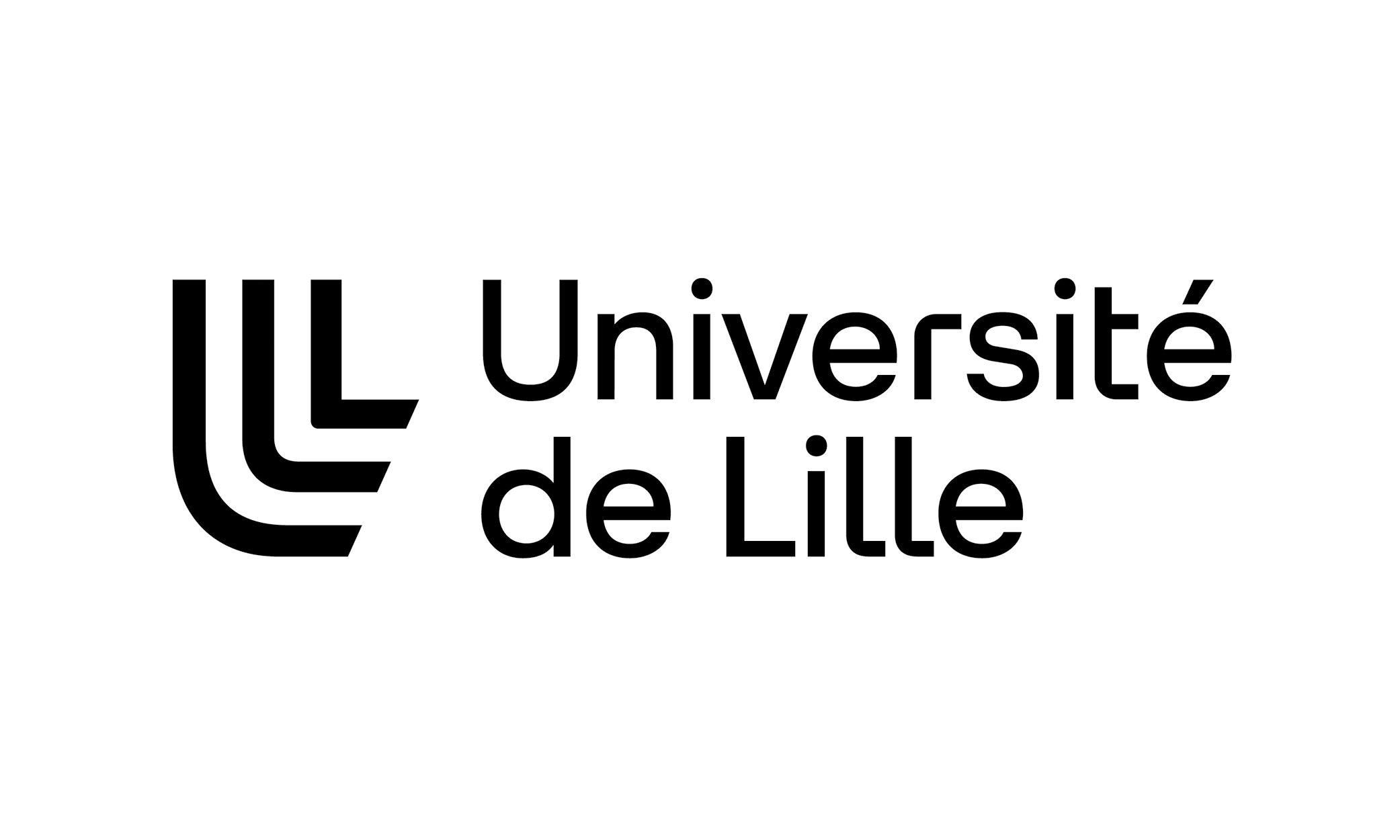
With its location in a cross-border region, the University of Lille places Europe and the international dimension at the heart of its policy and its actions. Its ambition is to be the leading French university in north-western Europe.
Through a range of integrational and innovative programmes and projects, all of the University’s structures are becoming increasingly international. They combine training, research and high-quality support with a spirit of inclusion and openness to the rest of the world. The international dimension is also a key part of the University’s strategy of inclusive excellence.
-
Université de Lorraine
Université de Lorraine
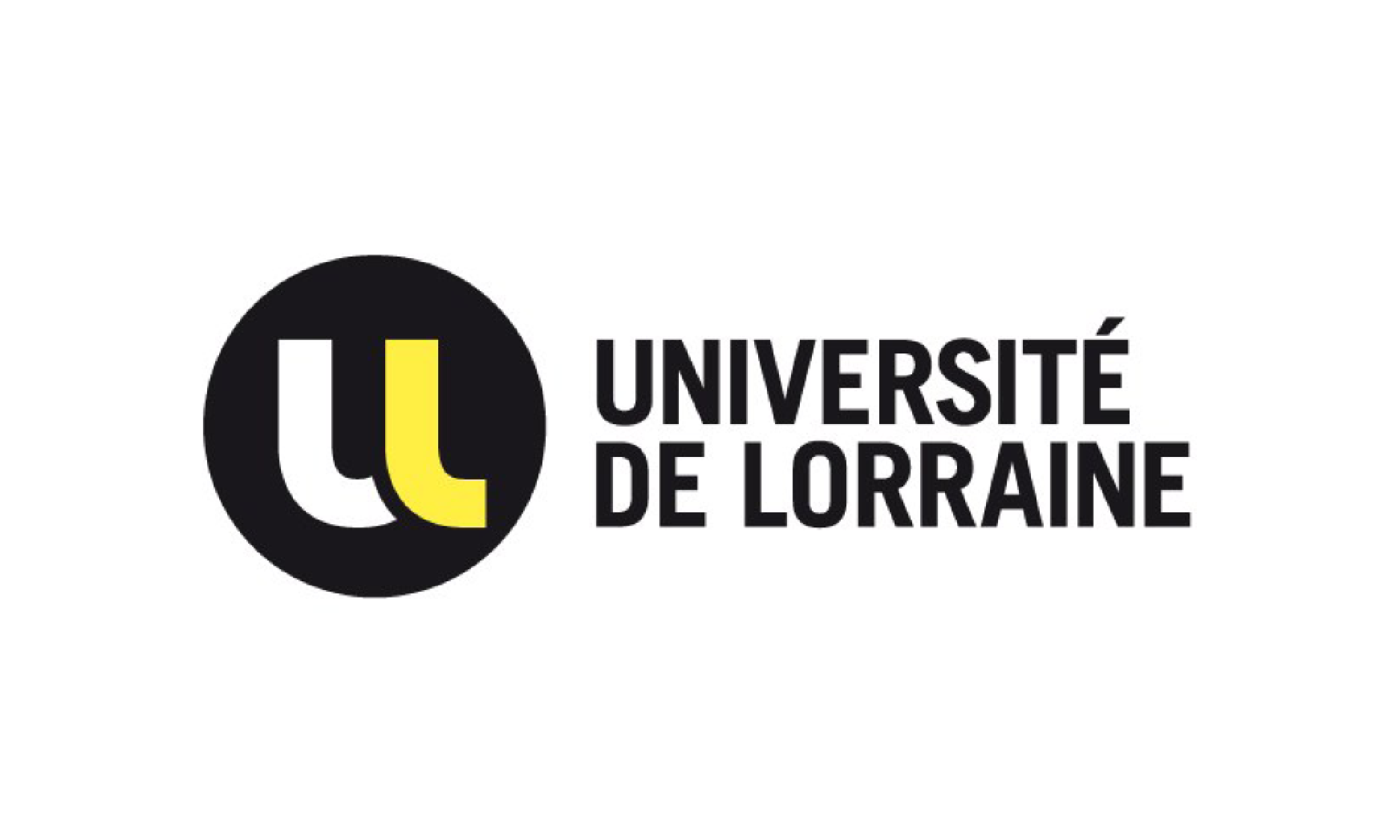
With an outreach across 2 metropolises, 10 towns & cities and urban areas within its region, Université de Lorraine invests wholeheartedly in knowledge production and sharing. It is committed to raising the level of citizens' educational attainment through intensive research involving both the basic and applied strands.

Discover the data management cluster of the Université de Lorraine :
ADOC - Accompagner aux DOnnées les Chercheurs et chercheuses en Lorraine
-
Université de Technologie de Compiègne (UTC)
Université de Technologie de Compiègne (UTC)
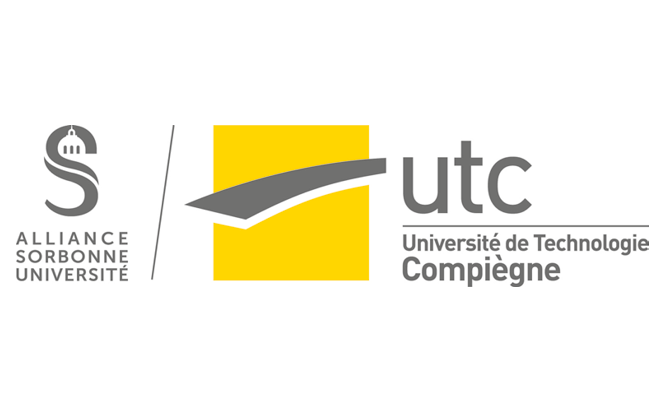
L'UTC, établissement public à caractère scientifique, culturel et professionnel, a été créée en 1972 pour être une université expérimentale de technologie. L'UTC présente un modèle de formation où les sciences de l'ingénieur, les sciences humaines et sociales, les sciences économiques et politiques sont intégrées harmonieusement au service de l'éducation de l'ingénieur, du scientifique, du manager du futur, innovant, humaniste, apte à maîtriser les enjeux de la complexité dans une société de l'information et de la communication. L'UTC est une institution qui produit du sens pour nos sociétés, dans lesquelles peuvent dialoguer différentes cultures et différents modes d'appréhension du monde. C'est un lieu où l'innovation se décline de façon permanente.
-
Université Gustave Eiffel
Université Gustave Eiffel
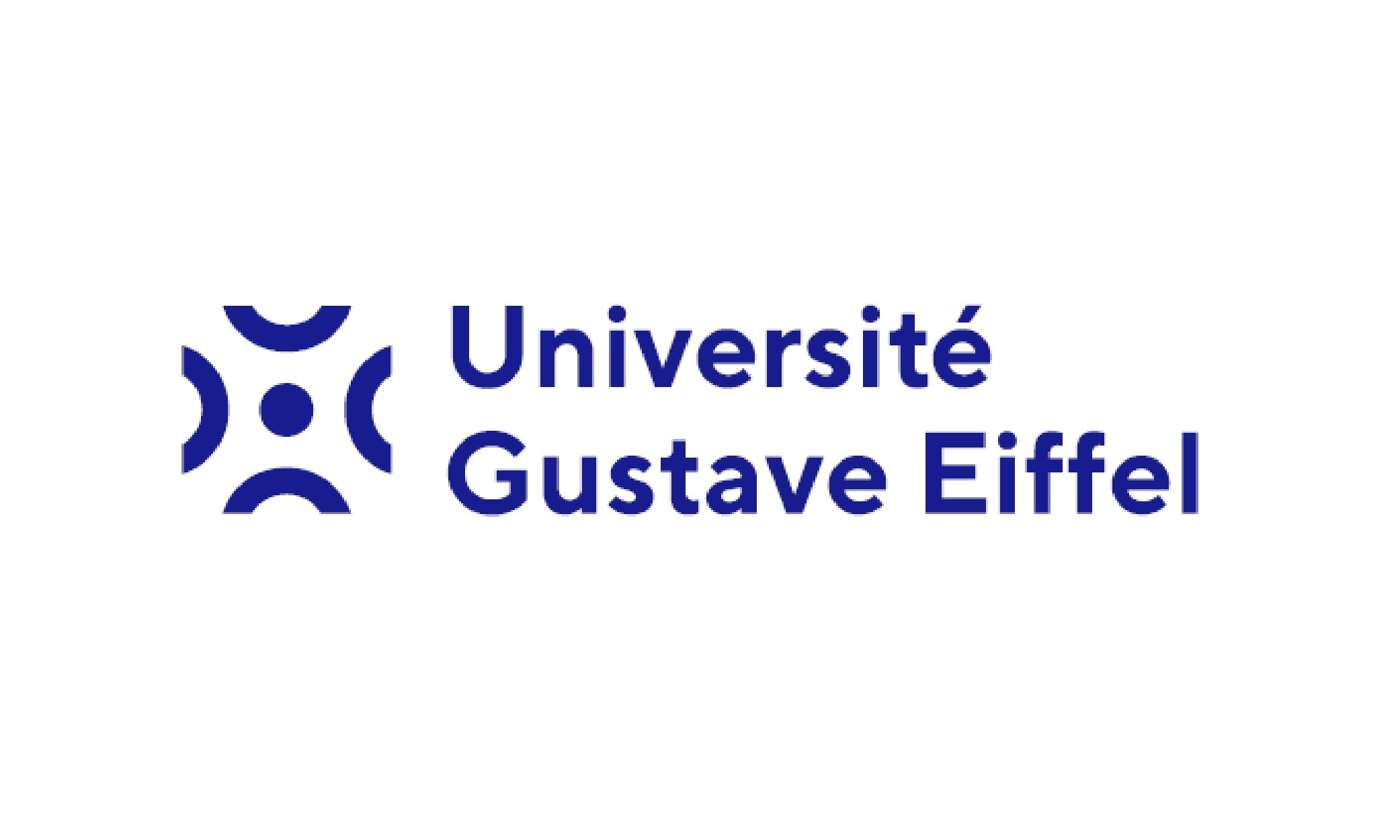
L'Université Gustave Eiffel est née en 2020 de la fusion d'une université (UPEM), d'un organisme de recherche (IFSTTAR) et de l'association de trois écoles d'ingénieurs (ESIEE Paris, ENSG, EIVP) et d'une école d'architecture (École d'architecture de la ville & des territoires Paris-Est).
En lien avec la thématique de la ville de demain, les axes de recherche de l'Université sont nombreux : génie civil, systèmes et infrastructures de transports, résilience urbaine, géomatique, management de l’innovation scientifique et technique, architecture, histoire…
Elle regroupe vingt-trois composantes de recherche réparties sur sept campus sur le territoire national. -
Université Le Havre Normandie (ULHN)
Université Le Havre Normandie (ULHN)
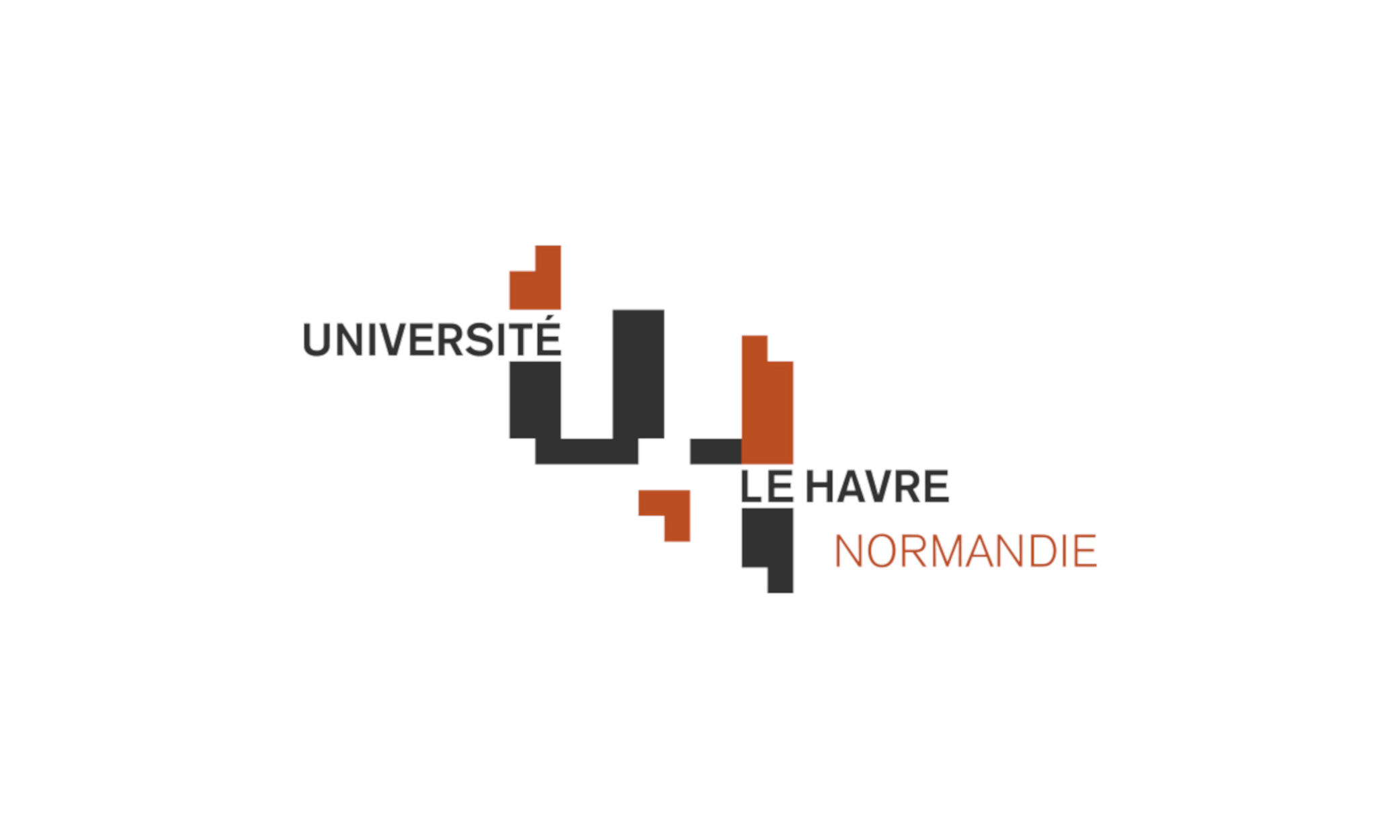
Université Le Havre Normandie (ULHN) was established in 1984 and it now counts over 8200 students. The ULHN is composed of three Training and Research Units –Teaching and Research Unit of Sciences and Technology, Faculty of International Affairs, Teaching and Research Unit of Arts and Humanities – of a University Institute of Technology, an Engineering School, a Higher Institute of Logistic and different departments. The scientific potential of the University is based on eleven research laboratories, two of which are associated to CNRS and one to INERIS. Research has been articulated around 4 sectors: Human and social studies; chemistry – biology; Mathematics – information technology; Engineering Science. Some works are also carried out around interdisciplinary areas.
-
Université Paris 1 Panthéon-Sorbonne
Université Paris 1 Panthéon-Sorbonne
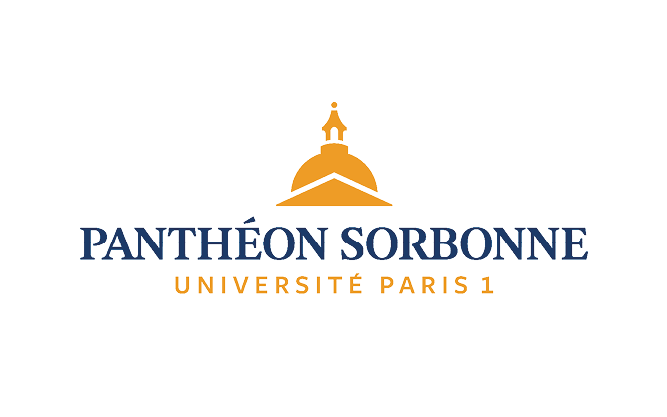
As a forefront french social sciences and humanities university, Paris 1 Panthéon-Sorbonne University has cultivated a unique spirit since 1971 that combines a demanding scientific approach with the ambition of developing new knowledge to support transforming the world. The university is committed to putting people back at the heart of scientific approach, to fostering more humane sciences and a fairer, more sustainable society.
Open Science is an integral part of Paris 1 Panthéon-Sorbonne University's commitment to supporting and raising awareness of the need for researchers to broadcast and share their research.To this end, the University's institutional repository has been designed to serve a dual purpose: to provide a repository solution for researchers whose disciplines do not have a designated thematic repository, and to enable the tagging and aggregation of data deposited in the various thematic repositories. This institutional repository thus provides a showcase for the research data produced by the scientific community of Paris 1 Panthéon-Sorbonne University, offering the opportunity to share, reuse and enhance them.
21 - 40 sur 54 publications
